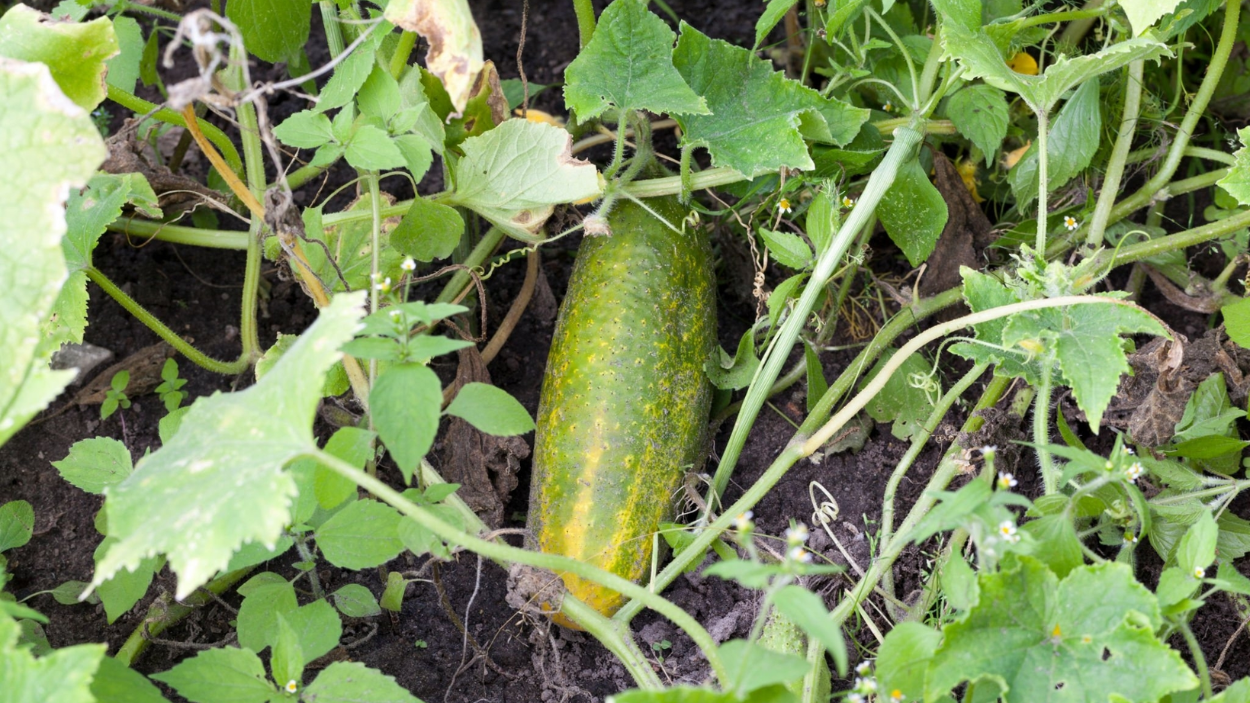Uncover the garden benefits of wood ashes, including soil enrichment, pest control, and composting enhancement. From improving fertility and pH balance to deterring pests and accelerating compost decomposition, wood ashes offer a range of advantages. Learn how to effectively use them in your garden for optimal results and a thriving plant ecosystem. Embrace the power of wood ashes to cultivate healthier, more vibrant plants and flourishing garden spaces.
Benefits Of Ashes To Your Soil
Ashes can provide several benefits to the soil when used appropriately. Wood ashes contain essential nutrients like potassium, calcium, and magnesium, which can enrich the soil and support plant growth.
Additionally, ashes are alkaline in nature and can help raise the pH level of acidic soils, creating a more favorable environment for certain plants. They also contribute to improving soil structure, particularly in heavy clay soils, by loosening compacted soil and improving drainage. Wood ashes may serve as a deterrent for pests like slugs and snails due to their abrasive texture.
However, it's crucial to use ashes sparingly, considering their alkaline nature and potential to raise pH levels too high. Testing the soil's pH and nutrient levels and consulting with gardening experts can ensure the proper application of ashes and prevent any adverse effects on plants.
Things To Pay Attention To When Using Ashes
Using ashes as a soil amendment in gardening requires careful consideration and adherence to certain cautions.
First, it's crucial to apply ashes in moderation to prevent an excessive increase in soil pH, which can disrupt nutrient balance and harm plants. Additionally, only use ashes from natural sources like untreated wood, branches, or twigs, avoiding those from charcoal briquettes or other potentially chemically treated materials. Before applying ashes, it is advisable to test soil pH and nutrient levels to determine the appropriate amount needed and avoid overcorrection. It's important to note that ashes should not be applied when planting acid-loving plants like rhododendrons or blueberries, as their growth can be negatively affected.
By following these precautions, gardeners can maximize the benefits of ashes while minimizing the risks and ensuring the health and productivity of their plants. Seeking advice from local gardening experts or conducting a soil test can provide further guidance on the proper use of ashes in specific gardening situations.
How To Use Wood Ashes In The Garden
Wood ashes can be beneficial when used strategically in the garden. Here are some guidelines on how and where to use wood ashes:
1. In the Whole Garden:
- Apply ashes sparingly and evenly over the garden beds, using approximately one to two pounds per 100 square feet.
- Use a rake or garden fork to incorporate the ashes into the top few inches of soil.
- This can help raise the pH level of acidic soils and provide essential nutrients to a wide range of plants.
2. On Specific Crops:
- Some plants benefit more from wood ashes than others. Brassicas, such as cabbage, broccoli, and kale, tend to appreciate the alkalinity provided by ashes.
- Fruit trees and berry bushes can also benefit from the calcium and potassium in wood ashes.
- Avoid using ashes on acid-loving plants like blueberries, azaleas, or rhododendrons, as they prefer acidic soil conditions.
3. In the Compost Pile:
- Wood ashes can be added to the compost pile in moderate amounts.
- Sprinkle thin layers of ashes between the layers of organic matter to prevent clumping and create a balance between carbon-rich and nitrogen-rich materials.
- The ashes can help neutralize acidic compost materials and contribute nutrients to the finished compost.
Remember these important points when using wood ashes:
– Always use ashes from untreated wood, as ashes from treated or painted wood can contain harmful chemicals.
– Avoid overapplication of ashes, as excessive use can raise the soil pH too much and lead to nutrient imbalances.
– Conduct soil tests periodically to monitor pH levels and nutrient content, ensuring the correct application of wood ashes.
Frequently Asked Questions
Q: Can any type of wood ashes be used in the garden?
A: It is recommended to use wood ashes from untreated wood sources, such as hardwood or fruit tree prunings. Avoid using ashes from treated or painted wood, as they may contain harmful chemicals that can negatively impact plants and soil health.
Q: How much wood ash should I apply to my garden?
A: The amount of wood ash to apply depends on various factors, including soil pH, plant requirements, and the results of soil testing. It is best to start with a small amount and gradually increase if necessary. Follow recommended guidelines or consult a local gardening expert for specific application rates.
Q: Can wood ashes make the soil too alkaline?
A: Yes, wood ashes have an alkaline nature and can raise soil pH levels. It is important to monitor soil pH regularly and adjust wood ash application accordingly to prevent over-alkalization. Conduct soil tests to ensure pH levels remain within the optimal range for your plants.
Q: Can wood ashes be used on all types of plants?
A: Different plants have varying pH preferences and nutrient requirements. While many plants benefit from the nutrients in wood ashes, some acid-loving plants may not tolerate the alkaline nature of wood ashes. Conduct research or consult plant-specific resources to determine if wood ashes are suitable for the particular plants in your garden.
Final Thought
With careful application, wood ashes can contribute to a thriving and sustainable garden, promoting healthy plant growth and ecosystem balance. Embrace the potential of wood ashes as a natural garden amendment, and enjoy the rewards they bring to your garden endeavors.




